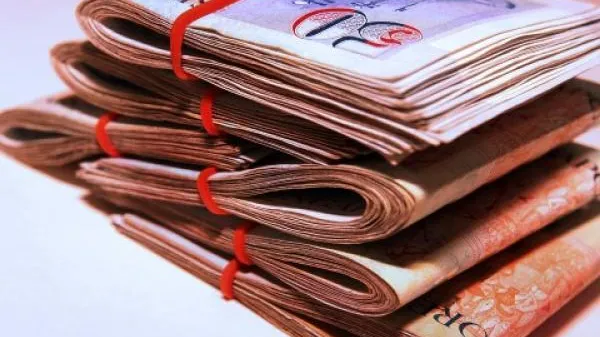
Singapore has the highest stamp duty rates for foreign residential property buyers
It’s currently at about 64% of the selling price.
According to a study by Savills, Singapore ranks highest in the world for total stamp duty rates for a foreigner looking to buy a residential property, clocking in at about 64 per cent* of the selling price.
This follows the recent Singapore government’s pronouncement of the 100% increase in Additional Buyer’s Stamp Duty (ABSD) rate for foreigners purchasing residential property from 30 per cent to 60 per cent to moderate investment demand.
Foreign property purchases account for five to seven per cent of the total sales with the investment value for residential sites and properties amounting to S$1.58 billion ($1.18bn USD) in the first quarter of 2023. This made up for 28 per cent of overall investment sales.
Hong Kong carries the second position with 31.3 per cent followed by Cape Town at 13.5 per cent. The American cities of New York, Los Angeles, San Francisco and Miami are all at the lowest end of the chart with the stamp duties for property purchase at 4 per cent, 1.1 per cent, 0.9 per cent and 0.5 per cent respectively.
However, Los Angeles had started enforcing a 4 per cent tax since 1 April this year on all residential and commercial properties that are transferred or sold for more than $5 million USD and a 5.5 per cent tax for all properties transferred or sold for $10 million USD or more.
Canada has recently announced a ban on foreign buyers from buying property for two years with some exceptions while Ireland and Portugal have ended their golden visa programmes citing direct and indirect consequences that the scheme had on the property markets. The golden visa programme granted the option of relocating and becoming residents to high-net-worth individuals.
The Singapore residential sector recorded a quarterly growth of 12.5 per cent from S$1.40 billion ($1.05bn USD) in the fourth quarter of 2022, despite no Government Land Sales sites being awarded in that quarter.
The prime residential prices have, however, remained strong. This resilience is supported by the strong Singapore dollar and inflow of high net worth individuals setting up companies and family offices in Singapore.
While 2022’s transaction volumes in the luxury market in the first quarter were lower than in 2021 when the market was seeing the results of pent-up demand, it is still relatively higher than pre-pandemic levels. The strong sales in the luxury market in the first half of 2022 showed signs of slowing down in the second half of the year, which was largely driven by rising interest rates.
“Although Singapore has the highest stamp duty payable by foreigners buying private residential properties, it is a testament of Singapore’s attractiveness as a safe haven pad for ultra-high-net-worth individuals,” says Alan Cheong, Executive Director of Research & Consultancy, Savills Singapore.
Over the course of 2023, prices are still expected to grow between 6 per cent and 7.9 per cent.
*Note: Our scenario assumes a non-resident overseas buyer purchasing a $2 million property (which in the UK equates to £1.6 million at April 2023 exchange rates). This is for use as a second home for less than nine months of the year over a five-year hold. No capital growth has been applied, avoiding the complication of having to forecast that for each city.
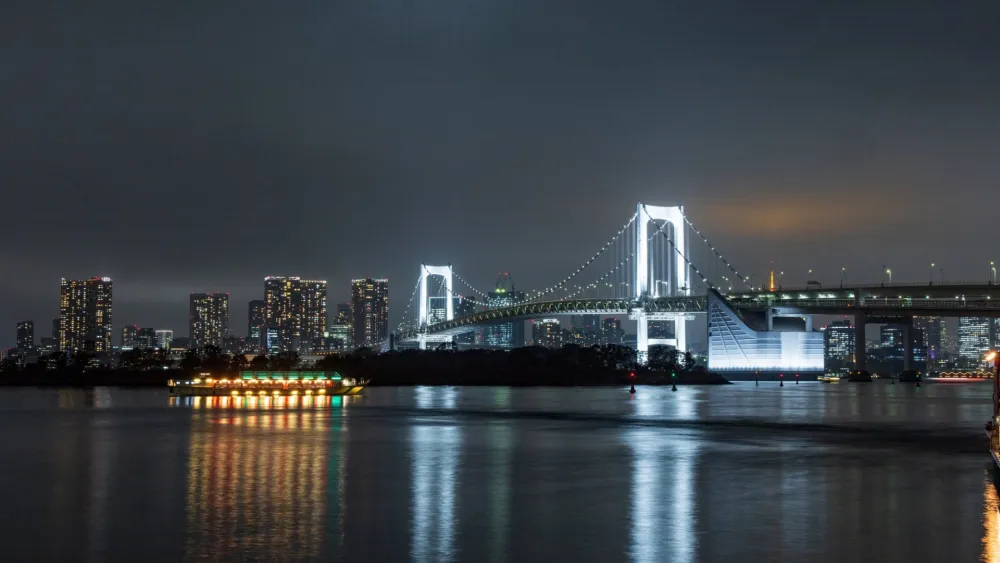
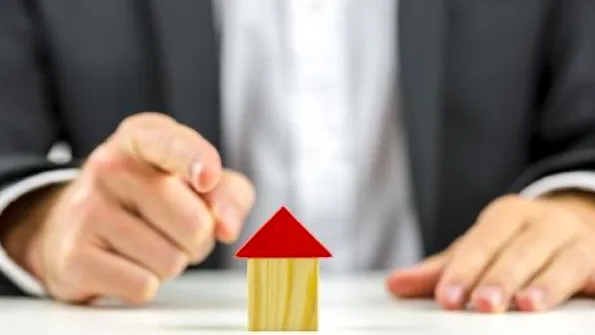

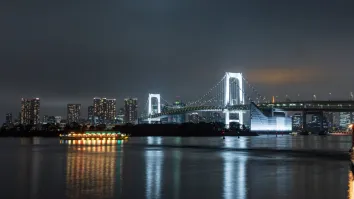
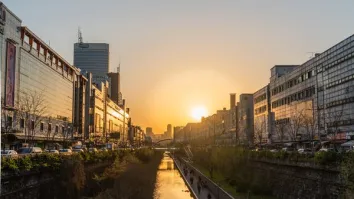
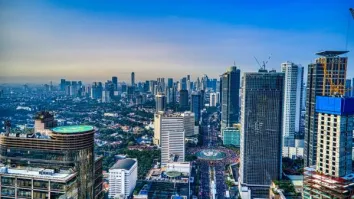













 Advertise
Advertise





